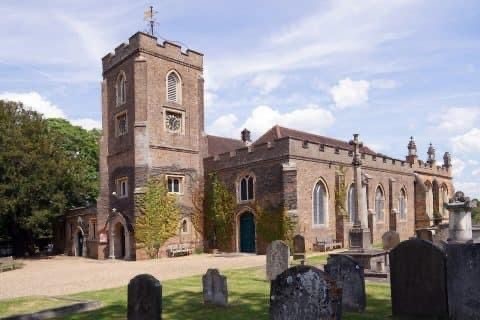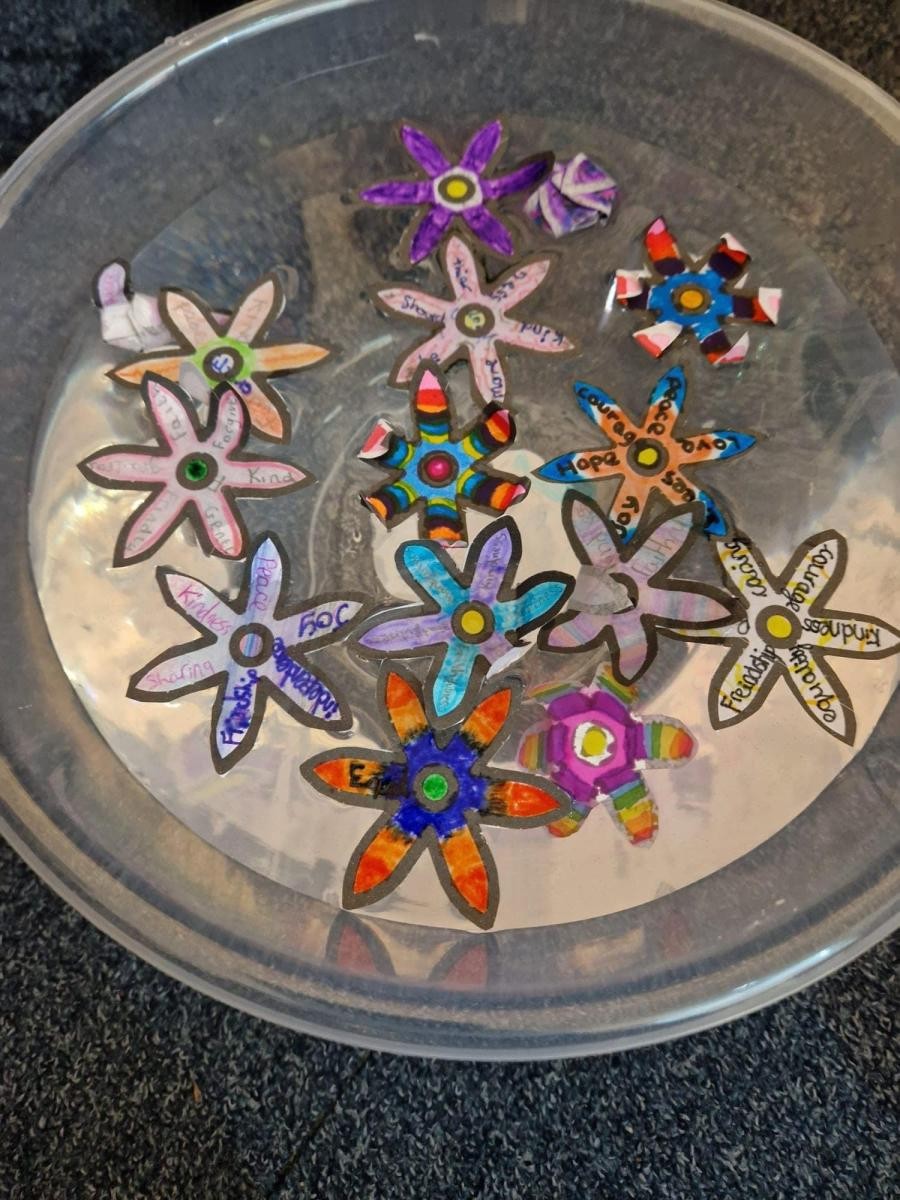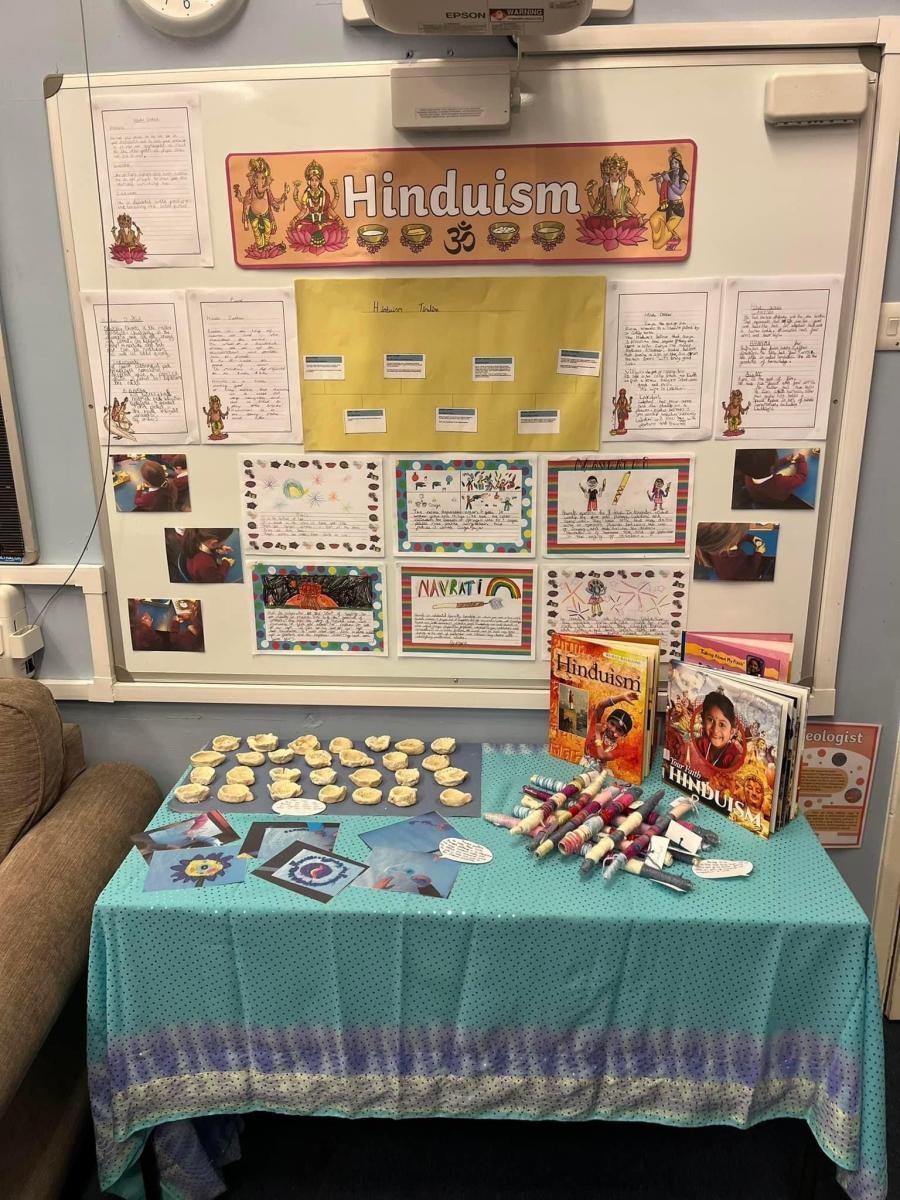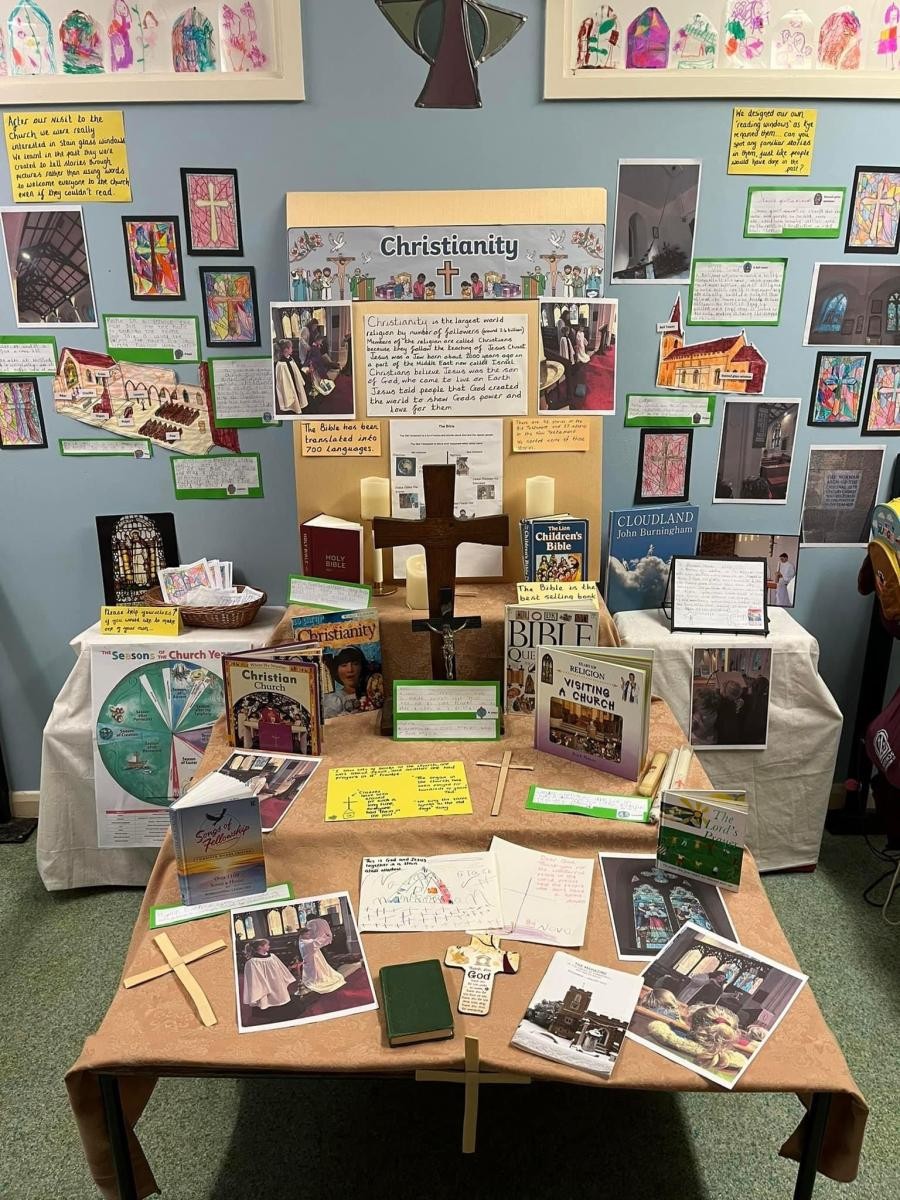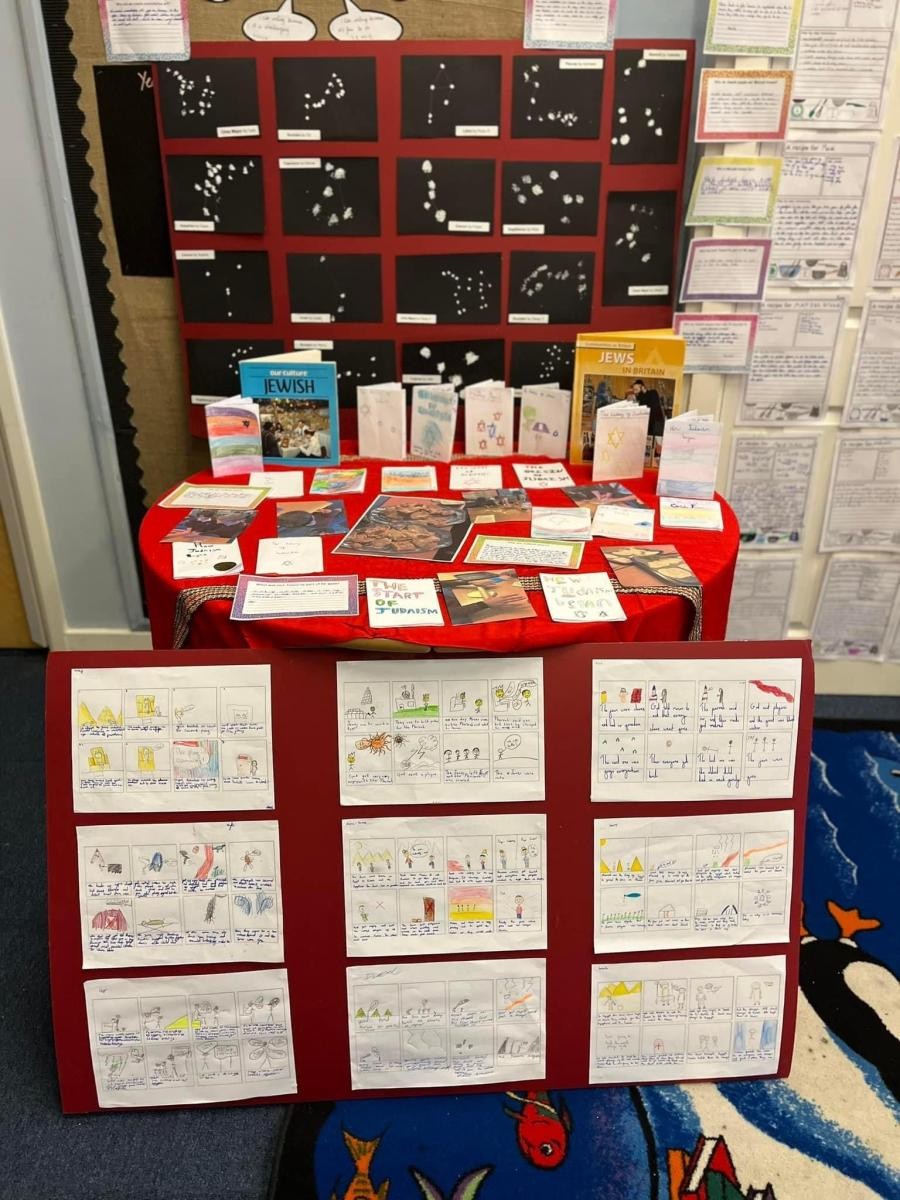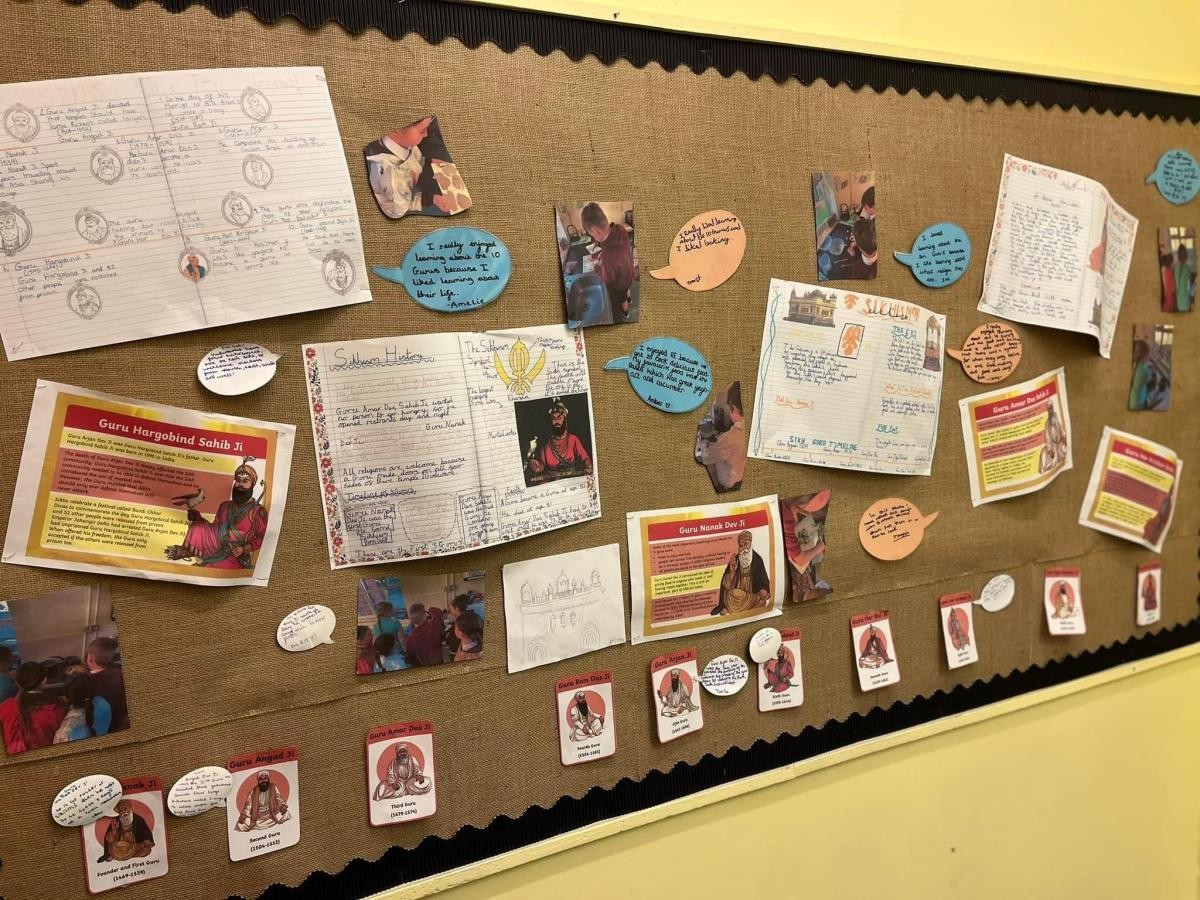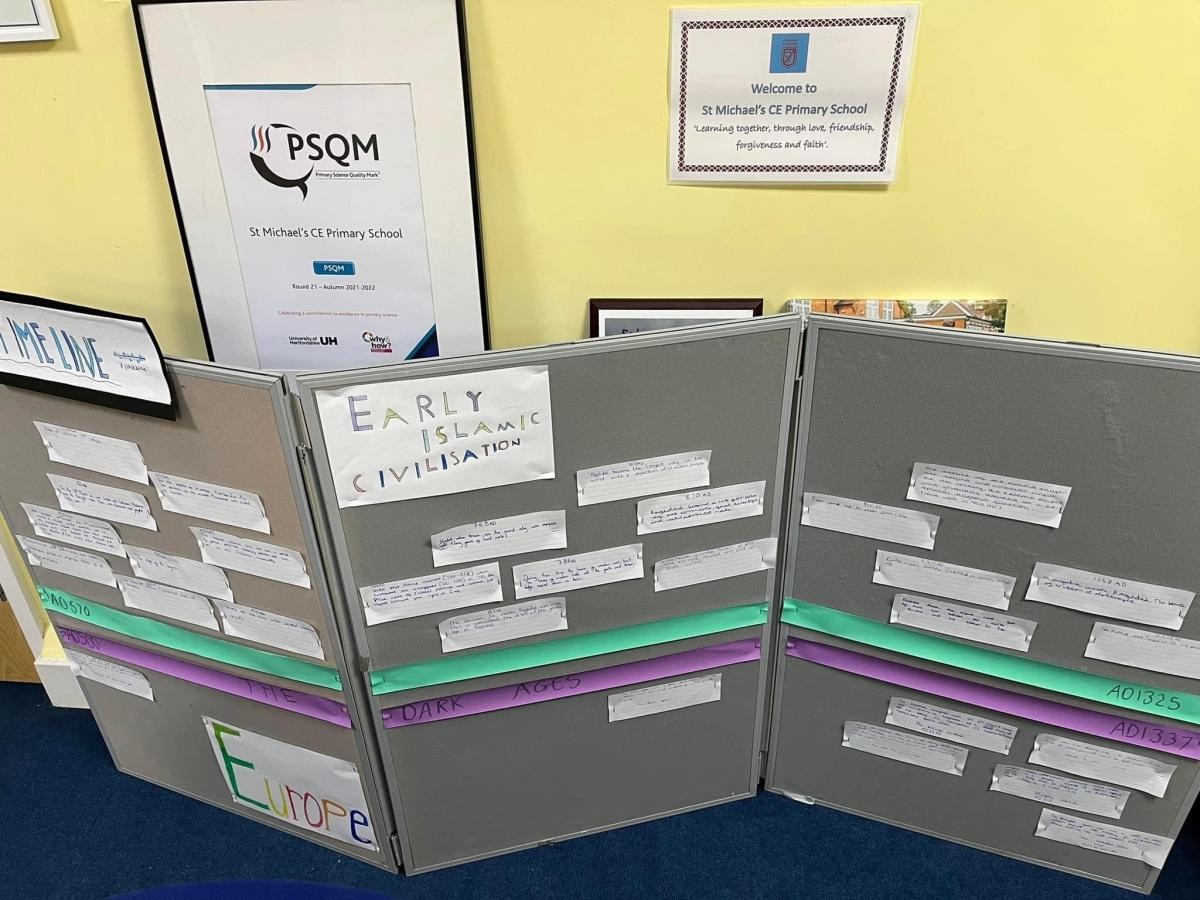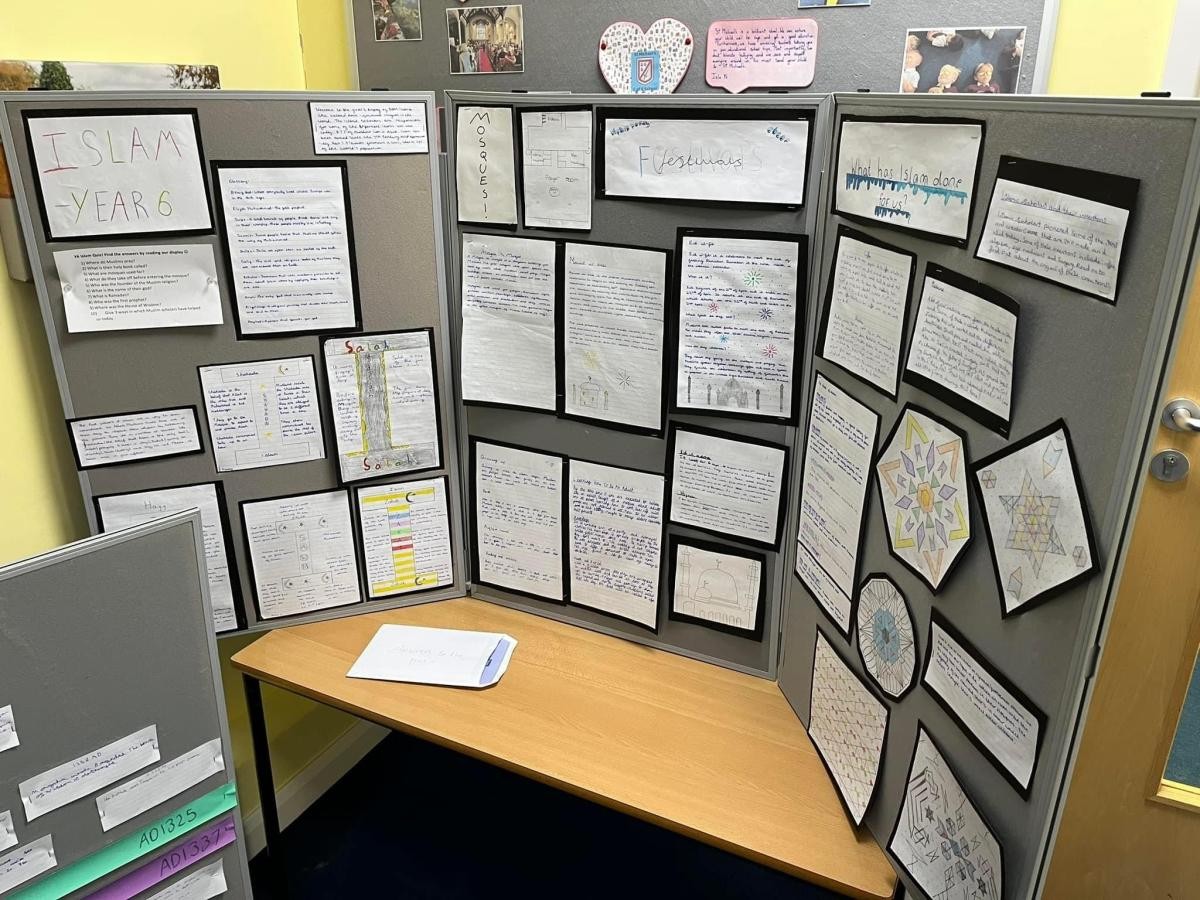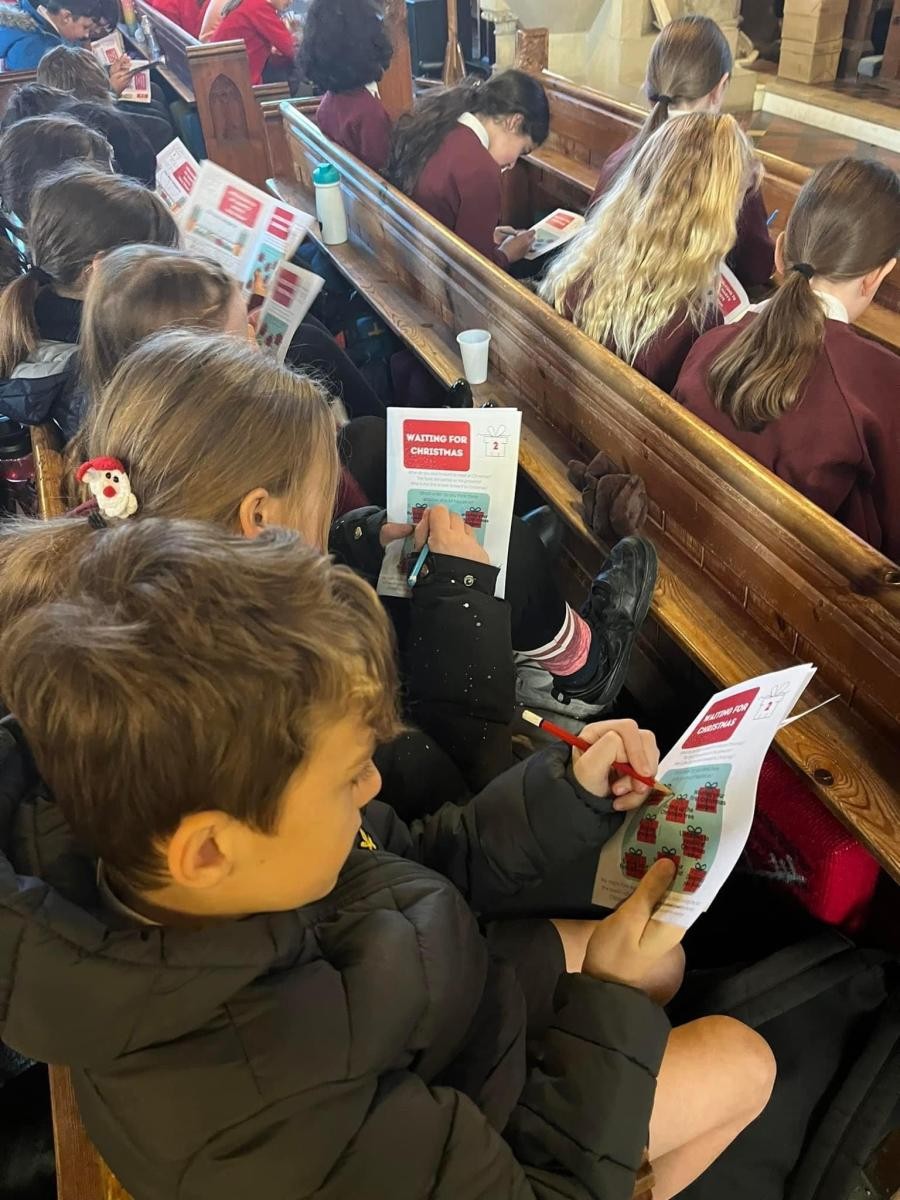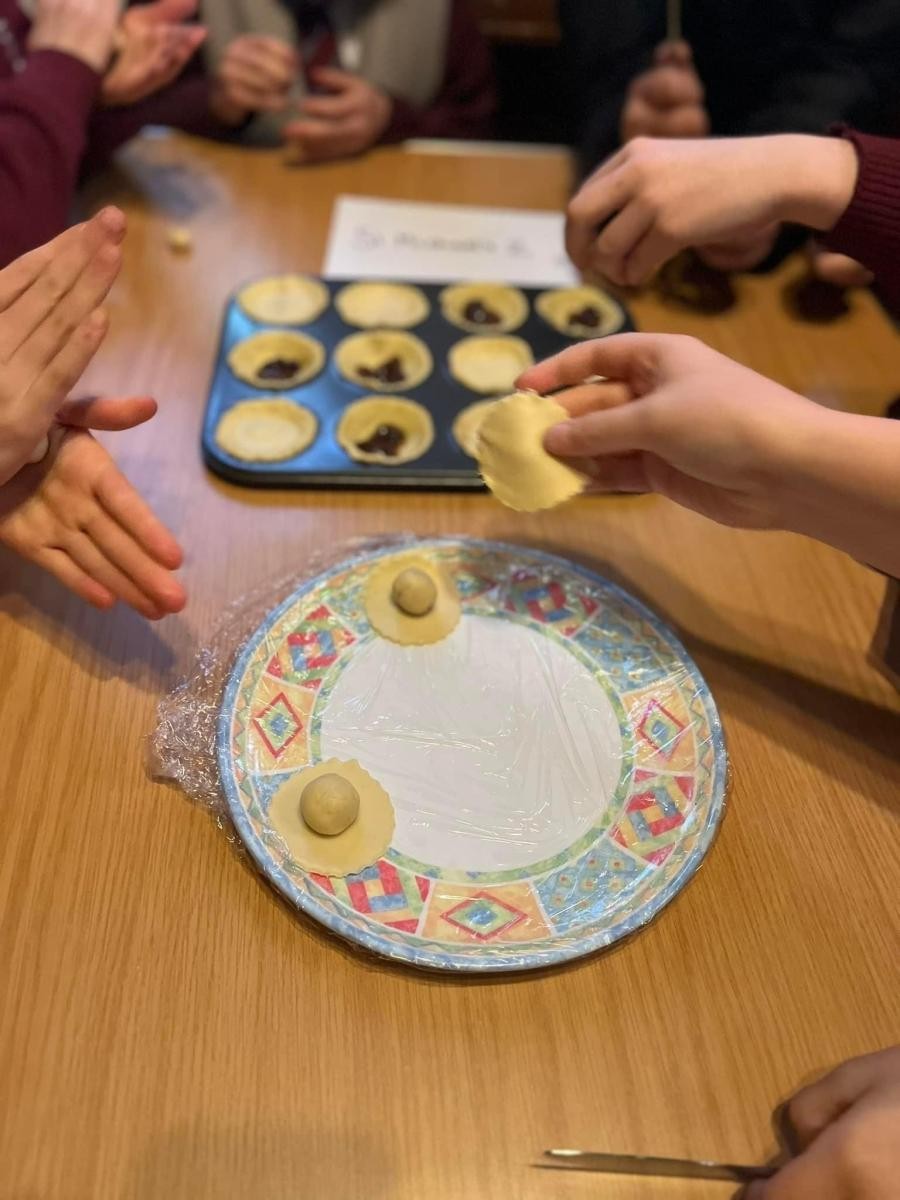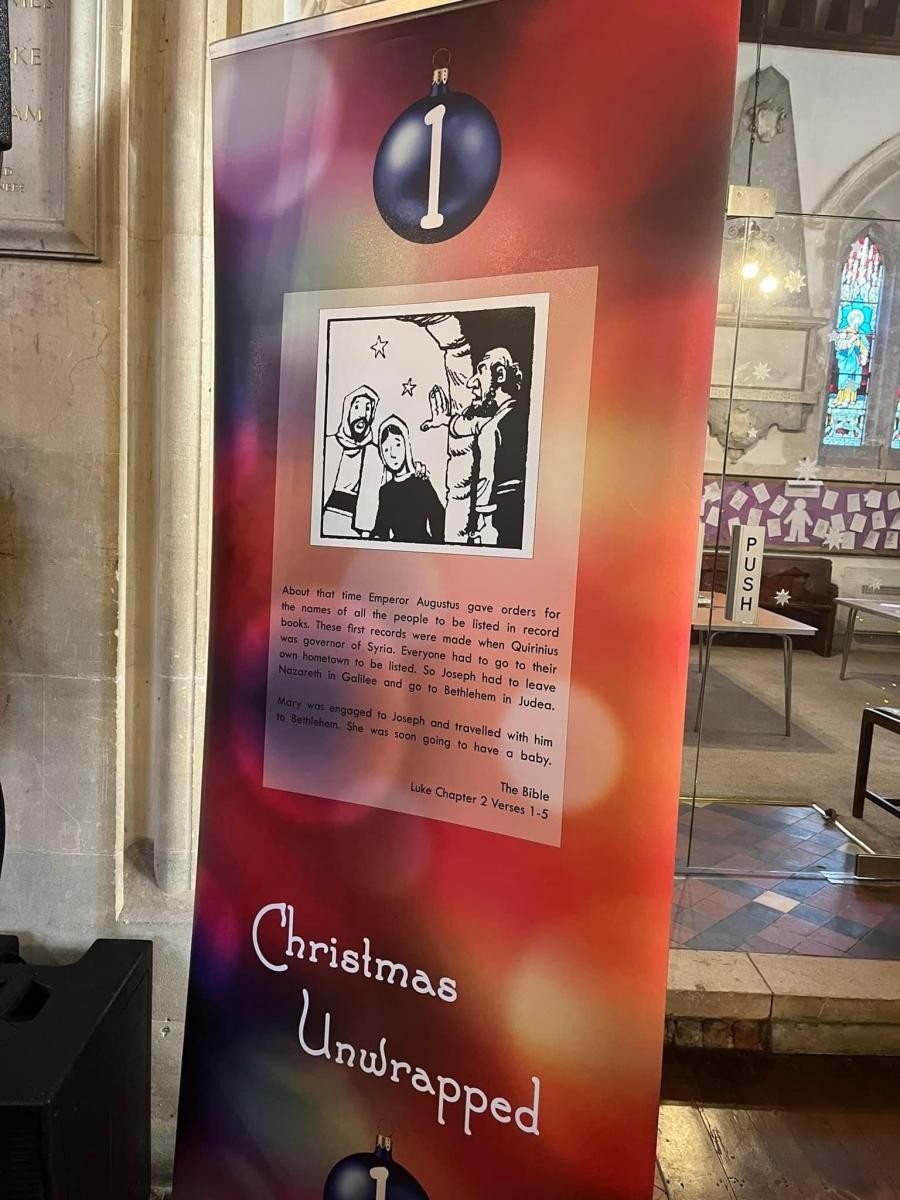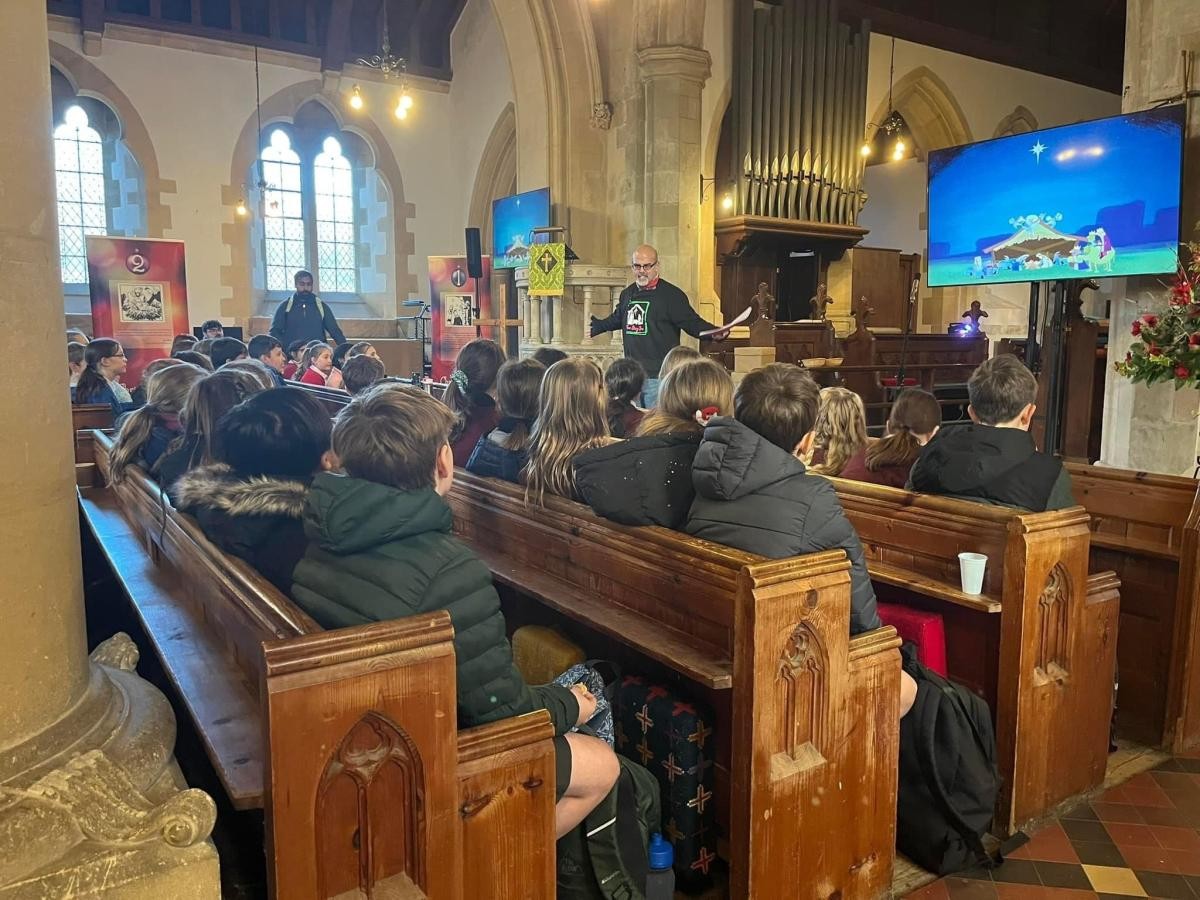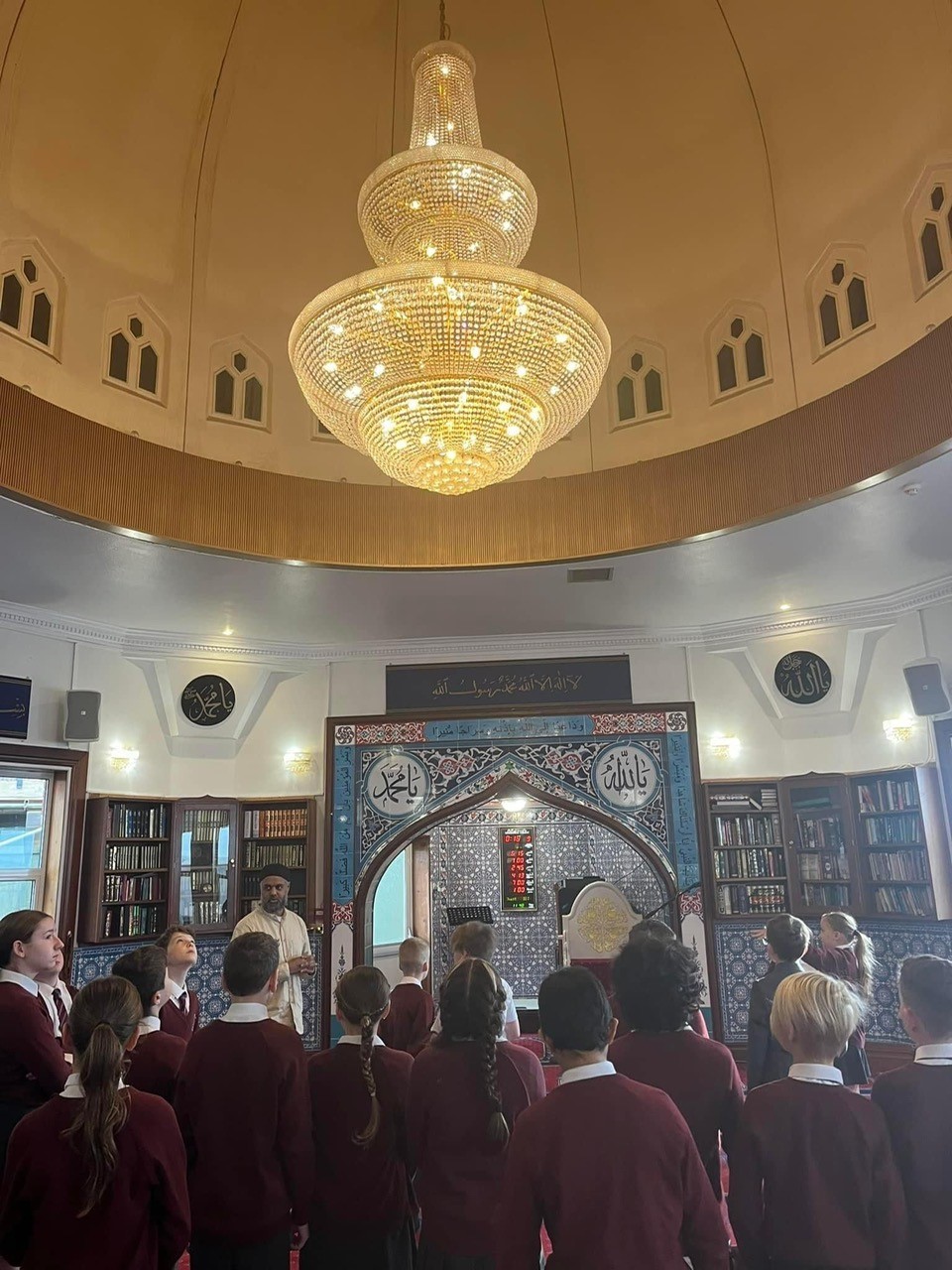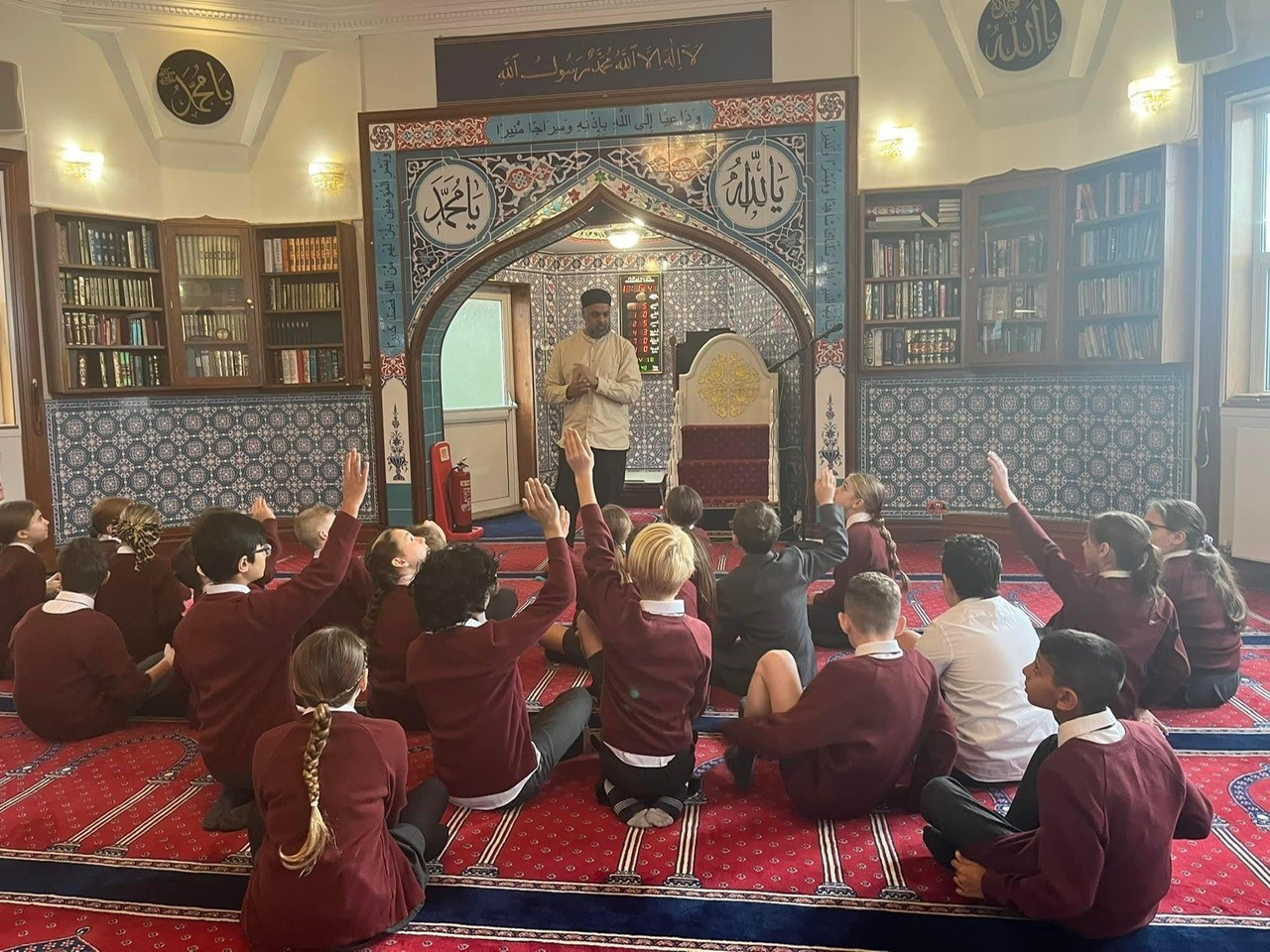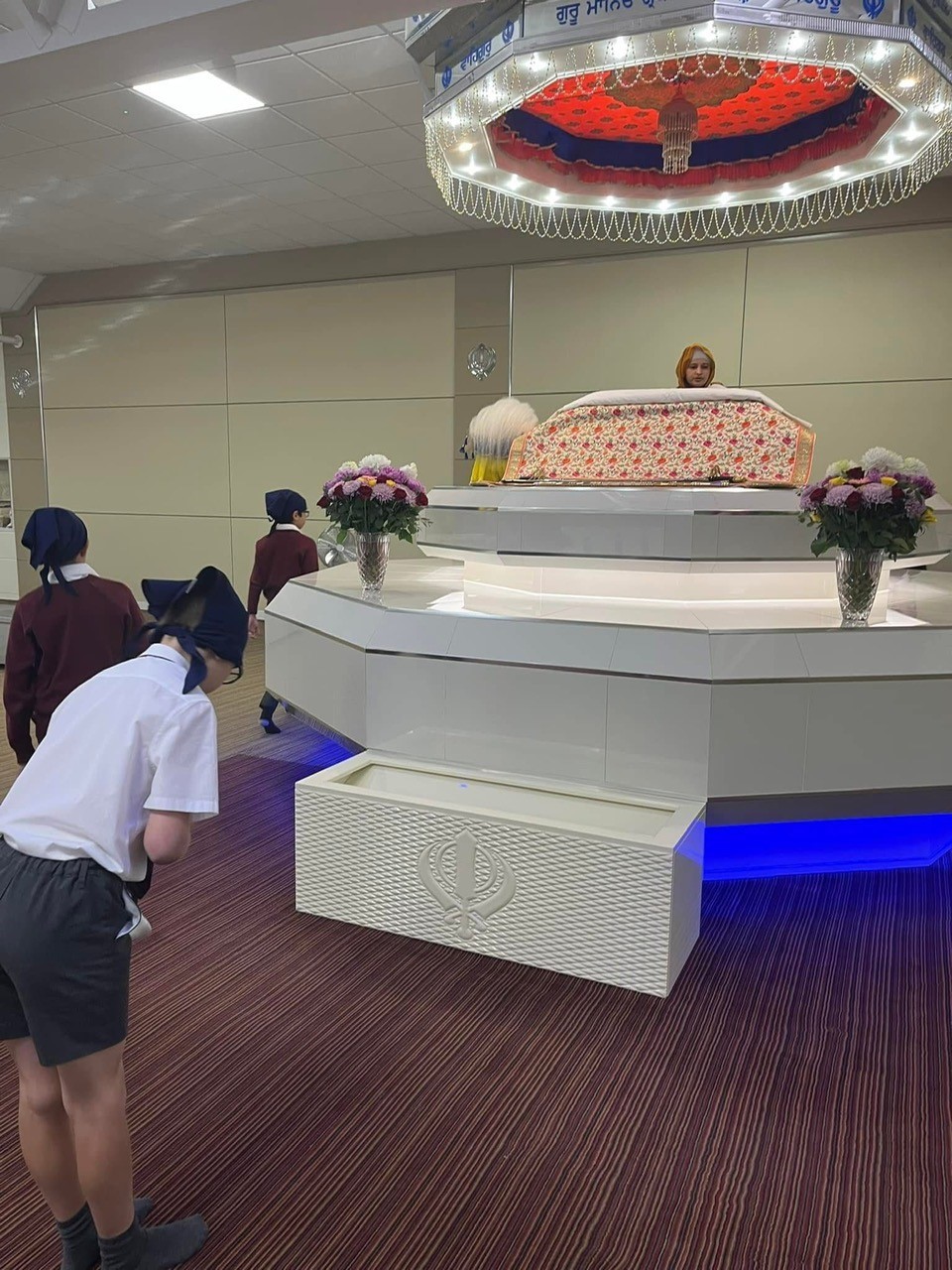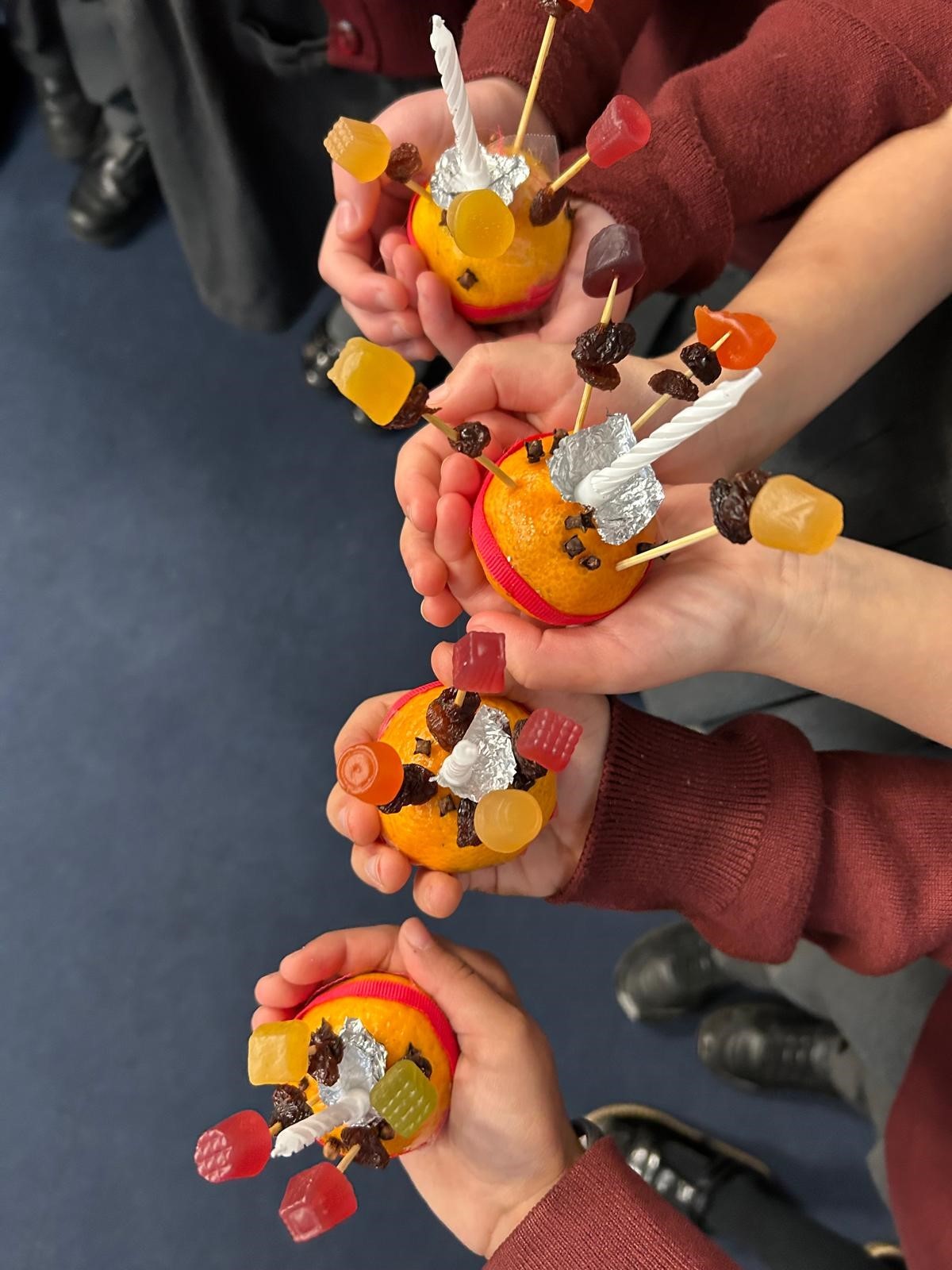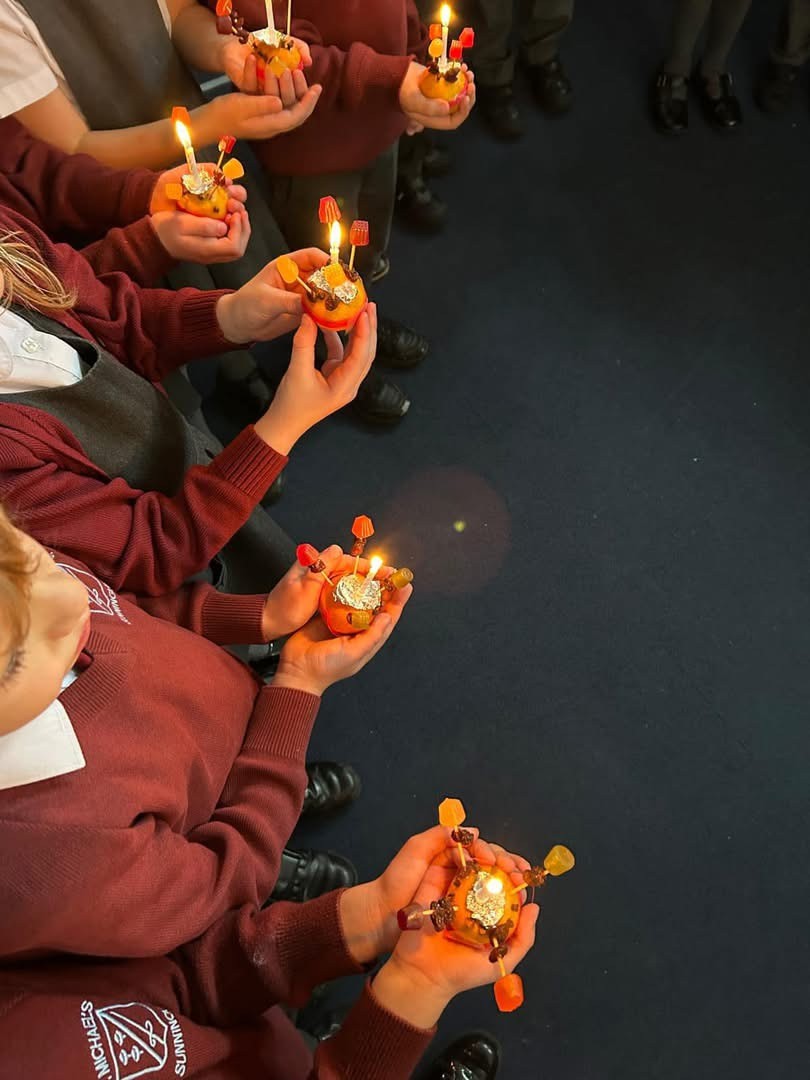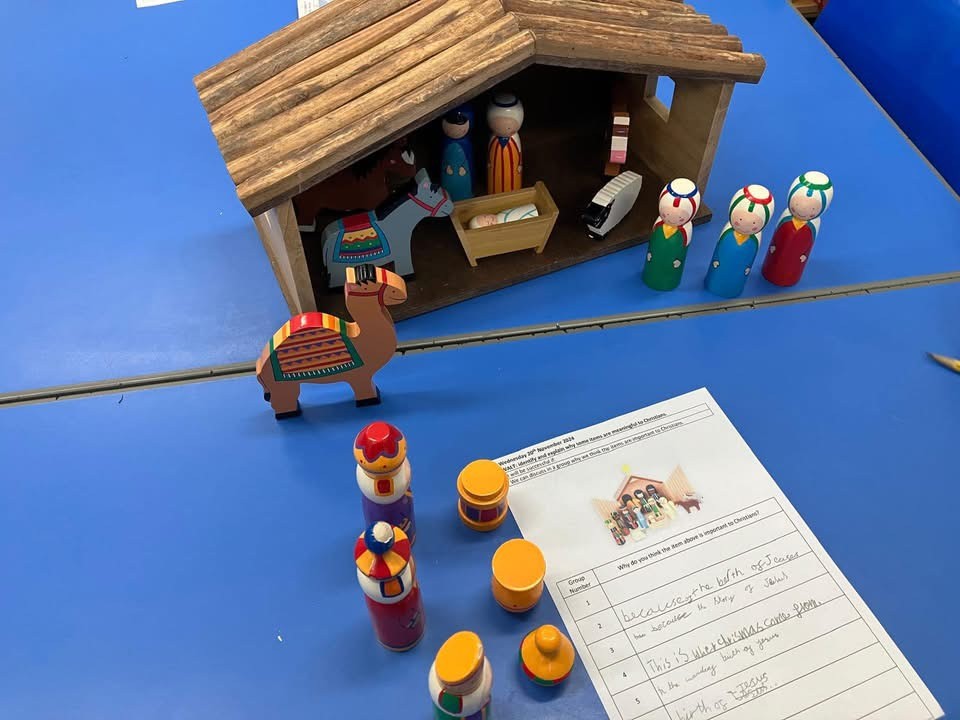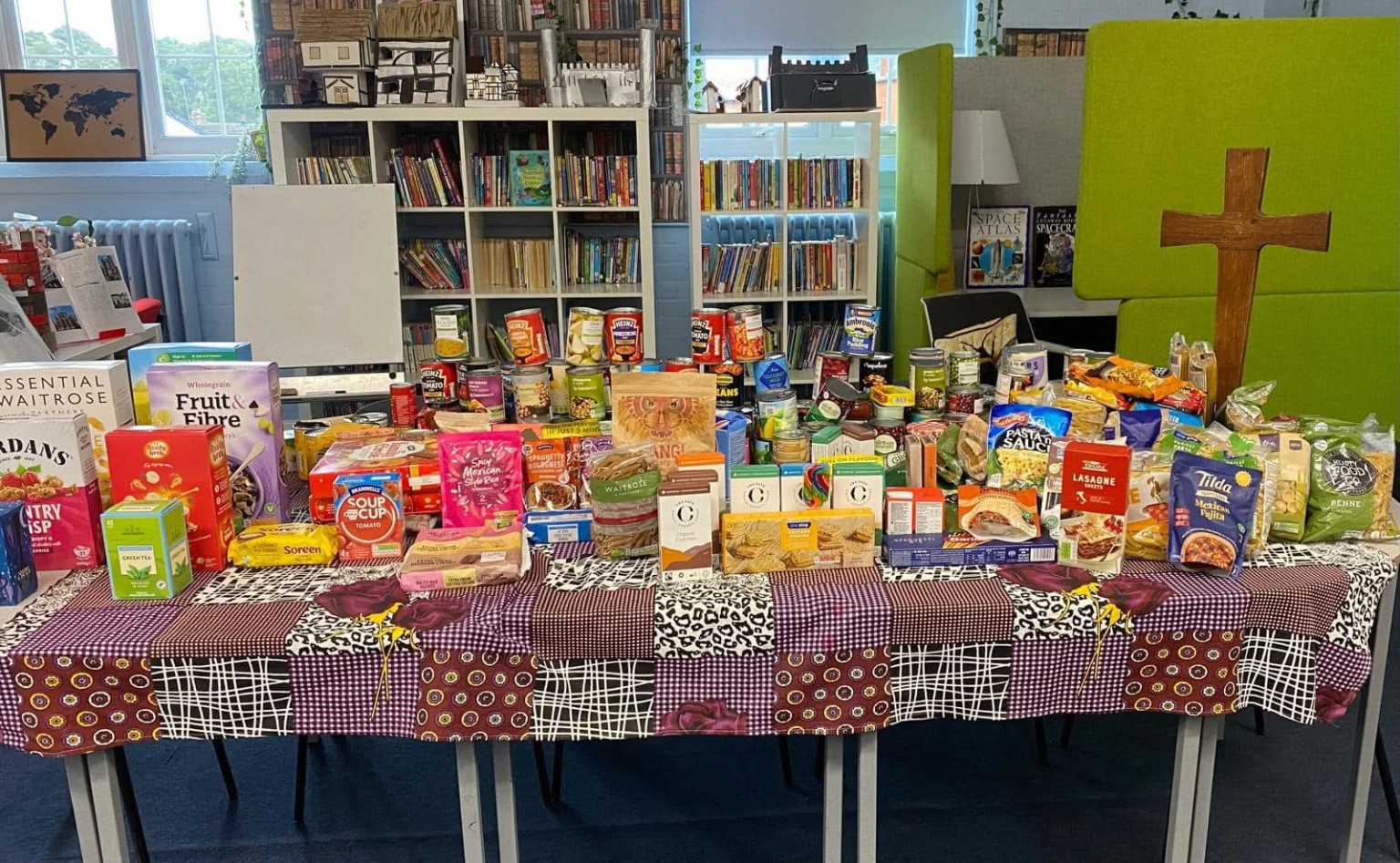Intent
At St Michael’s, we ensure that our vision and values are embedded into our Religious Education curriculum. We strive to develop respect and tolerance in our children, preparing our pupils for life as citizens in modern Britain. Through our RE curriculum, we support pupils’ personal development and understanding of the wider world. Alongside learning about a variety of world views, our RE curriculum also aims to develop pupils’ critical thinking and curiosity, respect towards others and ability to share and explore their own beliefs.
Implementation
We have implemented the Discovery RE scheme of work which follows an enquiry model of learning, and is a Diocesan-approved scheme of work. The first stage is ‘Engagement’ where pupils consider their own experiences to ensure understanding of the concept being studied. The next stage is ‘Investigation’ where the children study the details of the religion, embedding their subject knowledge. This is largely taught through discussion, which helps develop oracy and critical thinking. Following this, the evaluation stage will allow pupils to critically reflect on the knowledge gained and answer the enquiry question. Finally, the ‘Expression’ stage gives pupils the change to further reflect on the enquiry question in relation to their own lives.
Through KS1 and KS2, children will study Christianity and one other religion each year. This allows children to revisit their prior learning from each religion often, embedding their subject knowledge even more. This also allows for the progression of skills and knowledge throughout different year groups. A mixture of recording using individual RE books and class ‘floor books’ is used to record learning. KS1 only use floor books so the lessons can be more discussion-based.
Through a whole school approach on ‘World Religion Day’ each year, children have the opportunity to explore a variety of other world views, not necessarily in their year group’s curriculum, and to present their learning in a variety of ways for other children to see.
Impact
Children should leave St Michael’s with an understanding of other people’s cultures and ways of life, and to make links between their own lives and those of others.
The impact of our RE curriculum is monitored in the following ways:
· Subject leader monitoring enables the subject lead to assess how RE is being taught; this will include learning walks, pupil & teacher voice and book looks.
· Pupils will record some of their responses to learning in books, and this is monitored by the subject lead. However, as RE is largely discussion-based (especially in KS1), records of whole class discussions will be kept by the teacher in floor books or on the boards.
· The ‘evaluation’ and ‘expression’ stages of the curriculum will allow children to bring together their learning from the term’s unit and this will be assessed to monitor how effective the teaching of RE has been. At the end of each unit, a short (age-appropriate) assessment task, which allows the children to show what they have learnt, will be carried out
· At the end of a unit of work, children will complete a self-reflection to share what they have learnt, how they have been successful and what they need to improve upon.

